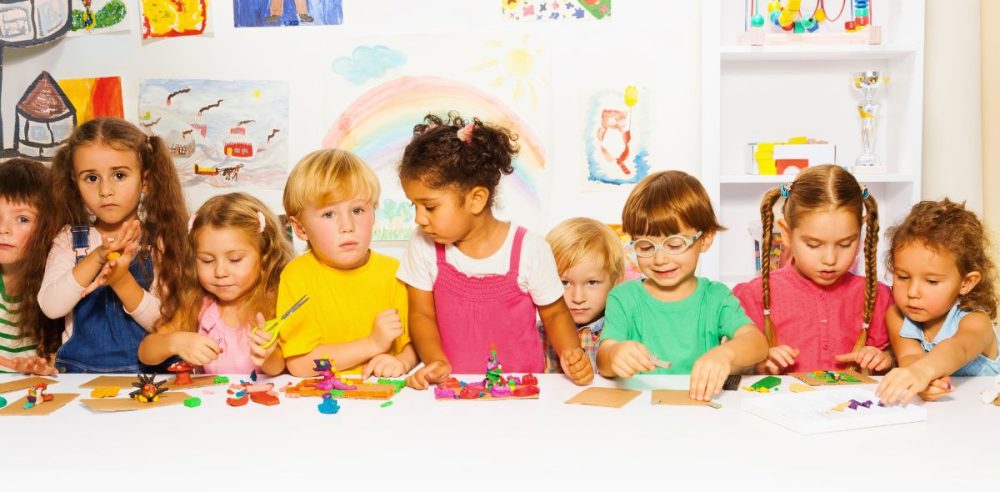A new study from researchers at UC Merced unwittingly discovered what many people have theorized: social isolation from the pandemic may have materially impacted young children’s cognitive and social development.
While much attention has been given to the fallout adults and older school-aged children faced because of the pandemic, little has focused on the disruption experienced by preschool children aged six and under.
For this young group, lockdowns swiftly ended daily routines, with daycares shut, friends separated, and families kept at a distance to avoid potential COVID-19 exposure. The pandemic also shut down the work that Rose Scott, a professor of developmental psychology, was leading with her team.
When the lockdowns kicked off, Scott and her research team were in the middle of collecting data on children’s cognitive skills in a research initiative unrelated to the pandemic. Once the lockdowns ended and research resumed, they noticed something alarming: a substantial drop in mental performance.
“It was remarkable to see the drop in kids’ performance,” said Professor Scott, per Earth.com.
“On one of the tasks in my lab, children tested before the pandemic could pass at 2 and a half years old. Right after the lockdowns, we were seeing 5-year-olds not passing it.”
When the researchers looked more closely, they found that children aged 3 ½ to 5 ½ had a significant gap in a particular critical cognitive skill. The drop was even more pronounced among children from lower socioeconomic backgrounds.
Young children were found to have a more challenging time grasping the concept of false belief understanding, the ability to perceive that other people may hold beliefs that differ from reality. This understanding that different individuals may not know what you know forms the cornerstone of effective social interaction.
“You think about what a child needs to do to interact with others in a classroom. They want to have friends, but have to take other perspectives into consideration to have effective social interactions,” said Scott.
“Like, ‘I know you want to play this now, but I really want to play this.’ It’s being able to hold those two viewpoints in mind and still interact.”
Even follow-up assessments in 2023 showed that reduced scores persisted, suggesting the pandemic may have a long-lasting impact on social cognition.


